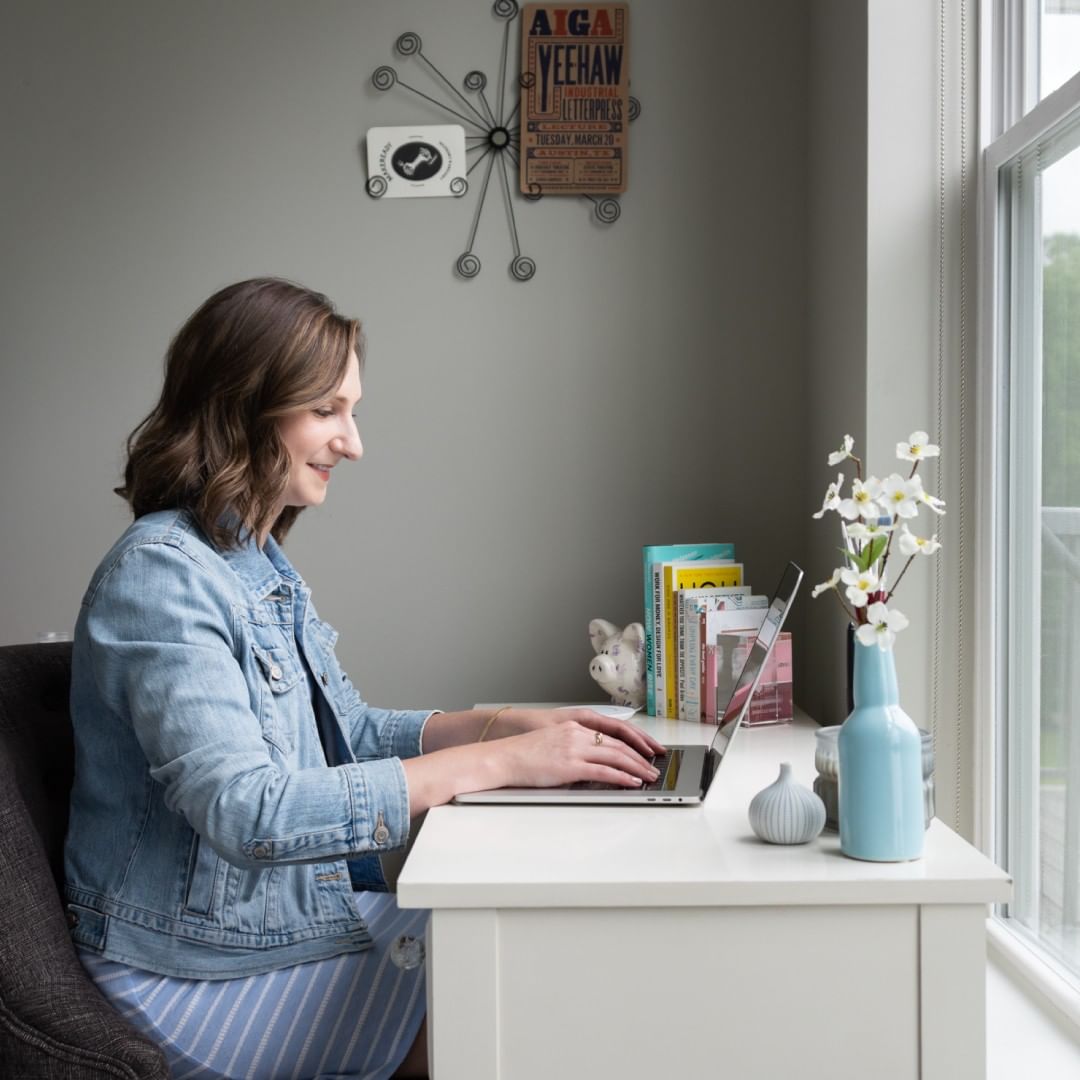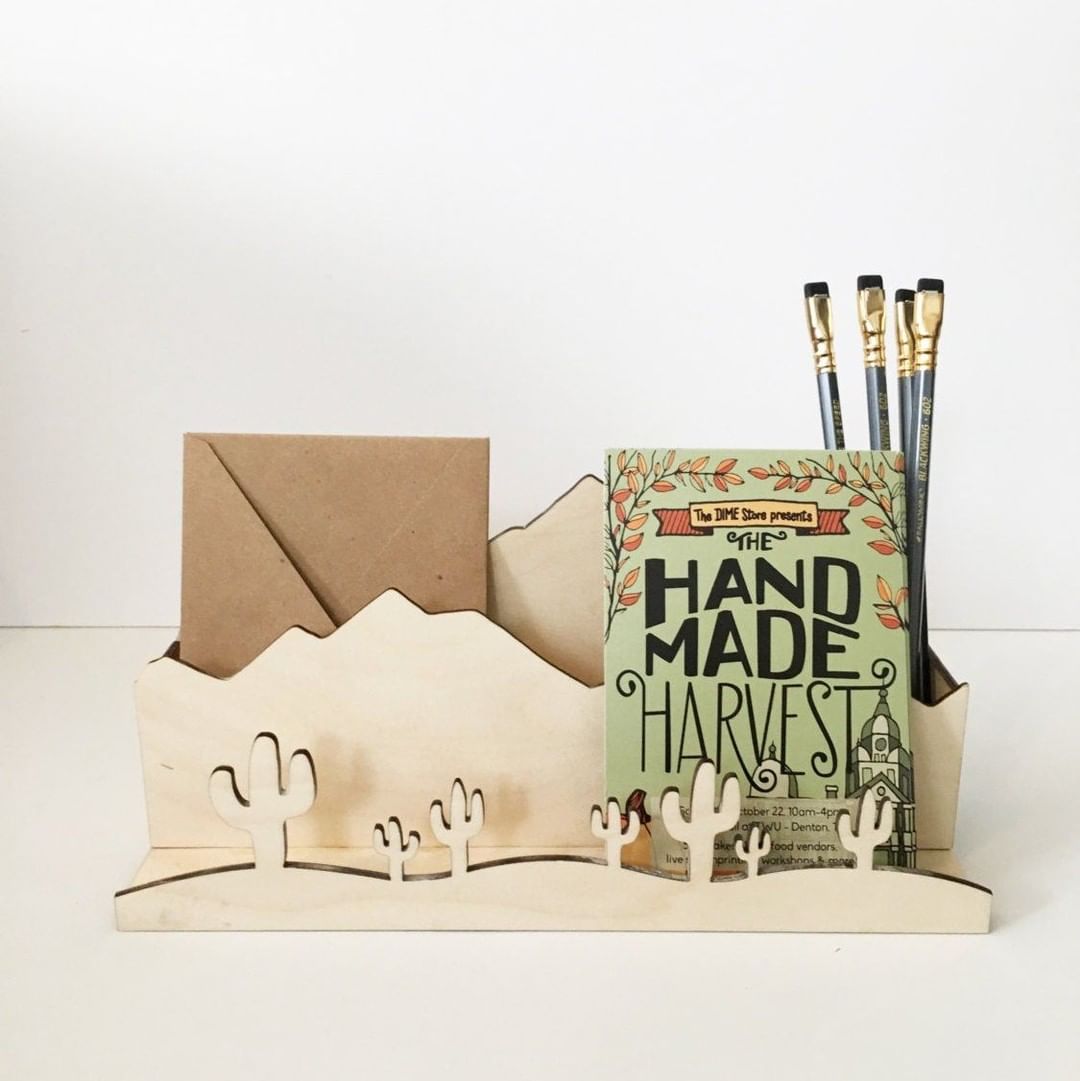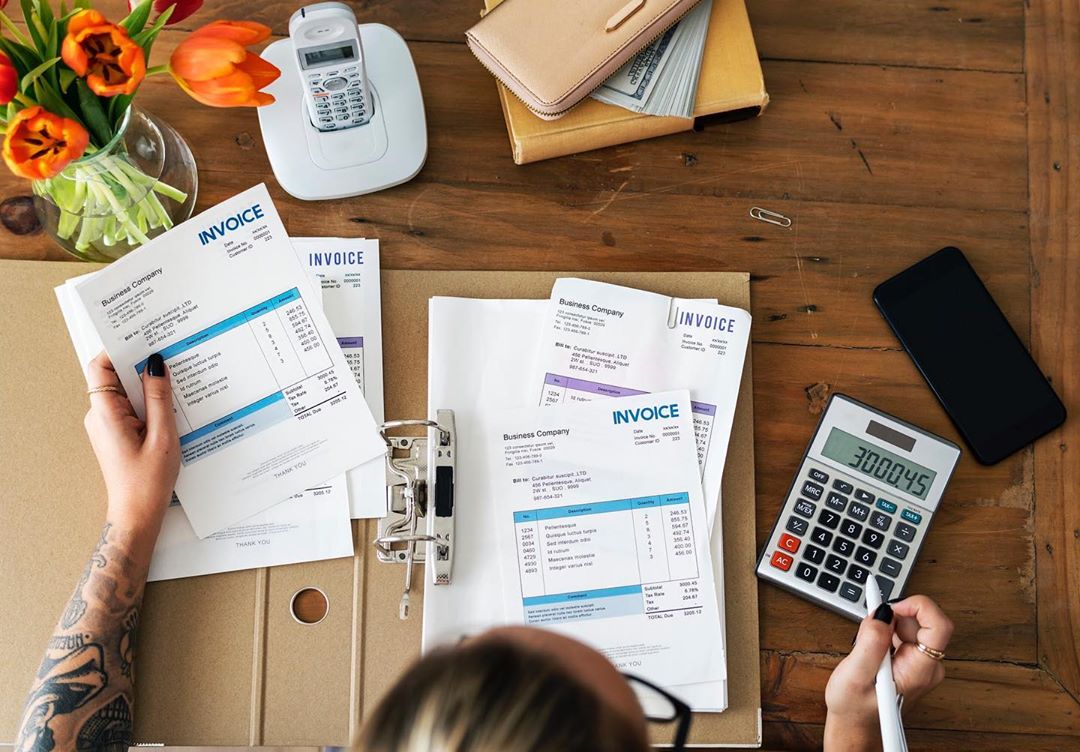Looking for low-cost ways to start a small business? Starting your own business can be risky, even if you have the best product or service on the market. If you’re interested in venturing into business ownership but don’t want to endanger every penny, check out these 13 tips for how to set up a small business below!
Take Inventory of Your Strengths & Weaknesses

Photo via @rachelslifewithlittles
Consider what you do well and what skills you may lack when trying to start a low-risk business. You likely have a passion for a product or service you want to build a small business around, but running a business can be more complicated than expected. If you’re already familiar with your product or service, perhaps you could start researching the ins-and-outs of starting a business. This will help you in the long run to keep your business manageable, which allows you to spend more time on what you’re truly passionate about.
Assess Your Finances
As a general rule, the lower the cost to start a business, the better. Investing less money decreases the risk of financial loss and gives you the freedom to experiment with your business plan. Start by analyzing your finances—some people start out with a good sum to invest in a small business, while others might need loans, investors, grants, or to raise the funds themselves. Look into additional financial tools like accounting software or setting up a business bank account to make managing your business’ finances easy!
Learn About the Existing Market

Photo via @hminfoseg
Researching the existing market for your product or service will help you avoid mistakes others have already made. Determine who your potential competitors are and what you can do differently to attract customers to your small business. Learning specifics about your target customer is another good business practice. For example, if you’re starting a local business, find out what the customers in your area are looking for. For a small business online, like freelancing, there are many different markets you could jump into, so see which areas may benefit from your specific services.
Test It Out First

Photo via @iebis
Don’t give up your day job just yet! Spending some time to get things going is a good small business idea because it gives you more financial freedom and the potential to scale up if it works out. While you may dream of a huge office in a skyscraper, working from home is a valuable small business tip for those just getting started since it’ll save quite a bit of money. Some home business ideas with low startup costs include:
- Virtual Assistance
- Freelancing
- Blogging
- Home Daycare
- Data entry
- Artisan maker
- Photographer
- Podcaster
Write a Business Plan

Photo via @jembrightservice
After determining the direction you want to go, it’s time to come up with a business plan. This is a critical step when starting your own small business because it’ll provide you with a map and general timeframe for completing your goals. Answer important questions like what you hope to achieve, actionable steps to make it happen, and how you plan to grow—in addition to these priorities:
- Choose a name
- Statement of Purpose
- Determine a solo ownership or investors/partners
- Detail your competitive advantage
- Include potential revenue streams & funding opportunities
- Highlight key dates
Launch a Website

Photo via @hunter.design.studio
Visibility is key when starting a small business. Websites provide more information than social media and make it easier to request your services or buy products with online payment options. Finding a website builder with a range of options and making the site easy to navigate are just a couple important tips for building a small business website. Because this is such an important way for your customers to understand your brand, it’s best to prioritize building a quality website that’s optimized for local searchers.
Start by Selling Small

Photo via @etsy
Developing a customer base can be difficult at first, so if you’re a crafter or designer, test your new small business idea on Etsy, Redbubble, or even at local markets first. If you’re running a business based on sourcing products, try selling on Instagram Shopping, Poshmark, or other similar websites. This will help you save on upfront expenses while allowing you to test the market, get a better idea of demand, and help you work out inventory and shipping needs.
Register & Insure Your Business
Before you can legally run your business, you’ll need to register for the right small business licenses. These differ depending on your business, but they may include applying for a tax ID and any permits you’ll need to operate. There are many perks to registering your business like gaining customers’ trust and helping you get small business loans. Additionally, you need to safeguard your business by purchasing an insurance policy. There are various types of business insurance, so research what’s best for your small business and correct for your area.
Make the Most of Storage

Photo via @paulinaszczepanskapl
As your new small business grows, you may find your home overflowing with supplies, inventory, and paperwork. If you start to outgrow your home office, it might be time to look into business storage options. Finding convenient commercial storage for rent in your area is one way to buy yourself some time before investing in an office or warehouse, which can be much more expensive than a single self storage unit for business. As an extra perk, self storage facilities may offer convenient storage features for your business—like accepting deliveries, vehicle storage, and more!
Build Your Team Slowly

Photo via @deanmitchellphotography
Whether you’re starting a small business by yourself or with a team of investors behind you, only hire people when they’re absolutely necessary. This will help you keep more funds liquid, make decisions quickly, and ensure your employee’s salaries are stable. However, don’t fall into the trap of not hiring more help when you need it! As your endeavor expands, consider hiring freelancers, bartering or trading with friends, or taking on hourly or part-time employees first.
Get Paid Upfront

Photo via @inspivo_com
Though it won’t always be an option for certain business models, it’s important to try to get paid upfront. If you’re working a lump-sum job or being paid for a service you’re providing, protect your time and resources by getting paid first—even if it’s just a partial payment. This is more difficult for deliverable-based businesses, like freelancing, but asking for payment first helps safeguard your resources while signaling to your customer that you mean business.
Don’t Spend Unnecessarily
Most successful small businesses don’t spend money on things they genuinely don’t need. Buying new equipment and furniture for your office, paying an agency a premium rate to design your logo, ordering high-end business cards, and getting top-of-the-line software are all unnecessary in the early phases of business development. Avoid overspending and keep startup costs low by only investing in essentials or items that can help you see a large return on investment. For example, investing in the services of a tax professional ensures you’re doing everything right for the IRS and can save you fines down the road.
Build Your Brand

Photo via @brand_ambition
Focusing on brand awareness for your small business is essential for building a base of loyal customers. One way to get more name recognition is by getting involved in your community. By volunteering or joining a local group, you’ll have plenty of opportunities to talk about your services, products, or small business. Another way to build brand awareness on a budget is by making the most of social media marketing. As you get your footing, begin utilizing search engine optimization (SEO)—especially local SEO. By using terms specific to your geographic area, you’re more likely to get found when a potential consumer searches for services you provide.
***
Need somewhere to store items while starting your own business? Extra Space Storage has convenient storage locations across the U.S. that can help. Rent storage space near you!




